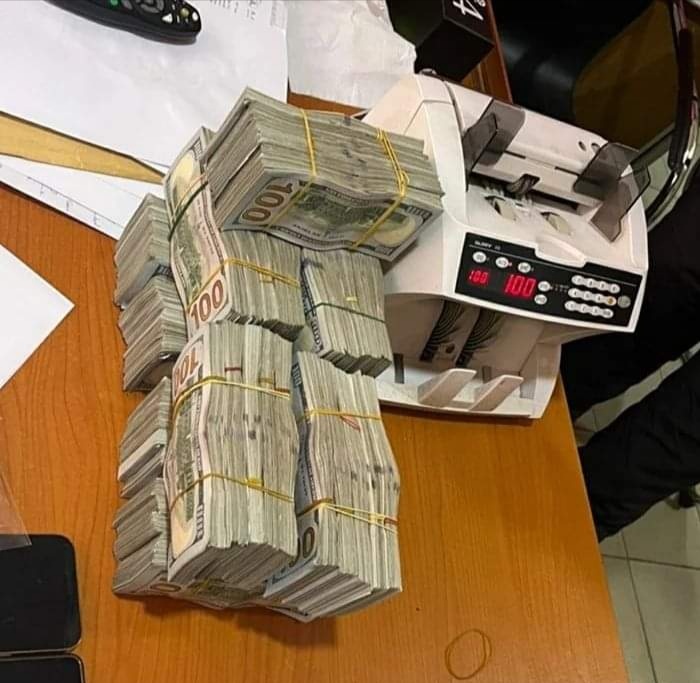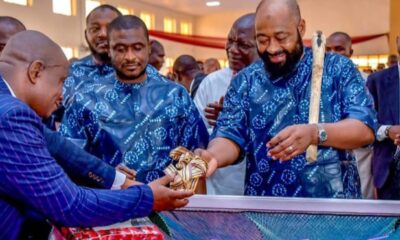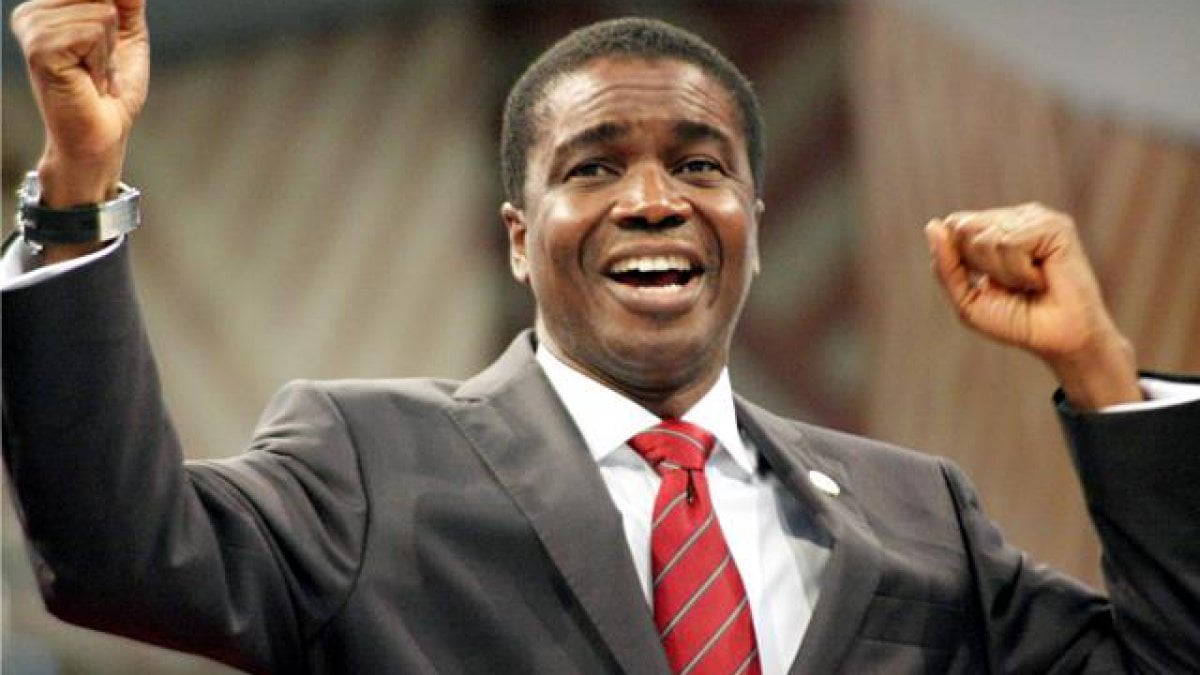Business
Nigeria’s foreign reserves decline by $2.2bn as FG ‘stabilises’ Naira

Nigeria’s foreign exchange reserves have dropped by $2.2 billion as the Central Bank of Nigeria (CBN) continues its efforts to support the Naira and settle a lingering $2 billion FX backlog.
This decline follows remarks by Bismark Rewane, CEO of Financial Derivatives, who revealed that the CBN had expended $8.8 billion defending the local currency.
In a recent investor report, AIICO Capital Limited highlighted heightened trading activity, with transactions ranging from ₦1,490 to ₦1,520 per US dollar. The firm suggested that the Naira would likely trade around this level for the foreseeable future.
Market analysts have attributed the Naira’s performance largely to CBN interventions. Reports indicate the apex bank sold $66.8 million to authorized dealer banks, with sustained FX sales boosting supply to Bureau De Change (BDC) operators.
READ ALSO:Naira extends gains, trades below N1,500 against dollar
As a result, the Naira appreciated by ₦8.62 and ₦50 in the official and parallel markets, closing at ₦1,501.08 and ₦1,510 per dollar, respectively.
Data from TrustBanc Financial Group Limited shows that Nigeria’s FX reserves fell by $300.11 million week-on-week to $38.74 billion — marking the sixth consecutive weekly decline.
Bloomberg data further revealed that reserves have plunged by $2.2 billion since peaking at $40.92 billion on January 6, representing the longest stretch of decline since November 2022.
FX Reserves Dropped by $1.16bn in January
CBN data indicates a sharp $1.16 billion decline in reserves during January 2025, reversing the $592.58 million gain recorded in December 2024.
Reserves slipped from $40.88 billion at the start of January to $39.72 billion by month-end — the most significant monthly drop since April 2024.
The decline intensified in the latter part of the month, breaching the $40 billion mark on January 22 and closing at $39.72 billion by January 31. This represented a 2.84% decline in just one month.
CBN Governor Yemi Cardoso had previously explained that April 2024’s reserve drop was due to debt repayments and other financial obligations, rather than direct efforts to defend the Naira.
Dollar Sales to BDCs and Extended FX Purchase Window
The January reserve decline coincided with the CBN ramping up dollar sales to BDCs to enhance liquidity and stabilize the Naira.
In December, the apex bank reintroduced dollar sales to BDCs, temporarily allowing operators to buy up to $25,000 weekly from the Nigerian Foreign Exchange Market, provided they pre-fund their accounts.
Initially set to expire on January 30, 2025, this directive was extended to May 30, 2025, as confirmed in a circular signed by Dr. Williams Kanya, Acting Director of CBN’s Trade & Exchange Department.
FX Backlog Payments Nearing Completion
CBN Governor Cardoso also indicated that the verification process for the remaining $2.4 billion FX backlog had concluded, with payments for valid claims set to commence.
He noted that the backlog had been reduced from $7 billion to $2.2 billion since he assumed office, with $2.4 billion flagged as potentially invalid after a thorough review.
Experts Warn Against Full Naira Floatation
Dr. Paul Alaje, Chief Economist at SPM Professionals, warned that fully floating the Naira could push the exchange rate as high as ₦1,800 per dollar.
“Clearly, central banks have been intervening in the markets. On a weekly basis, $25,000 goes to BDCs and at the E-Window, just to make sure that we control the destiny of our currency,” Alaje said.
“I think at first, we played into the hands of absolute flotation. Those who championed that cause are today saying that PPP should be used to determine the value of Naira and it should be around ₦1,100. The question should be, at what cost and to what extent? If they don’t, I promise you, the exchange rate will be around ₦1,800 today. And the trajectory for the end of the year would have been around ₦2,500.”
Alaje stressed that while currency interventions strain reserves, they offer temporary relief, buying time for the government to implement policies that promote exports and strengthen the economy.
“We do not have a robust reserve in the long run. But in the medium term, we need to do it. When we do it, the government by now should be making policies to promote exports, that is what is missing, and this has been missing in the last 15 years,” he said.
(DAILY TRUST )





















